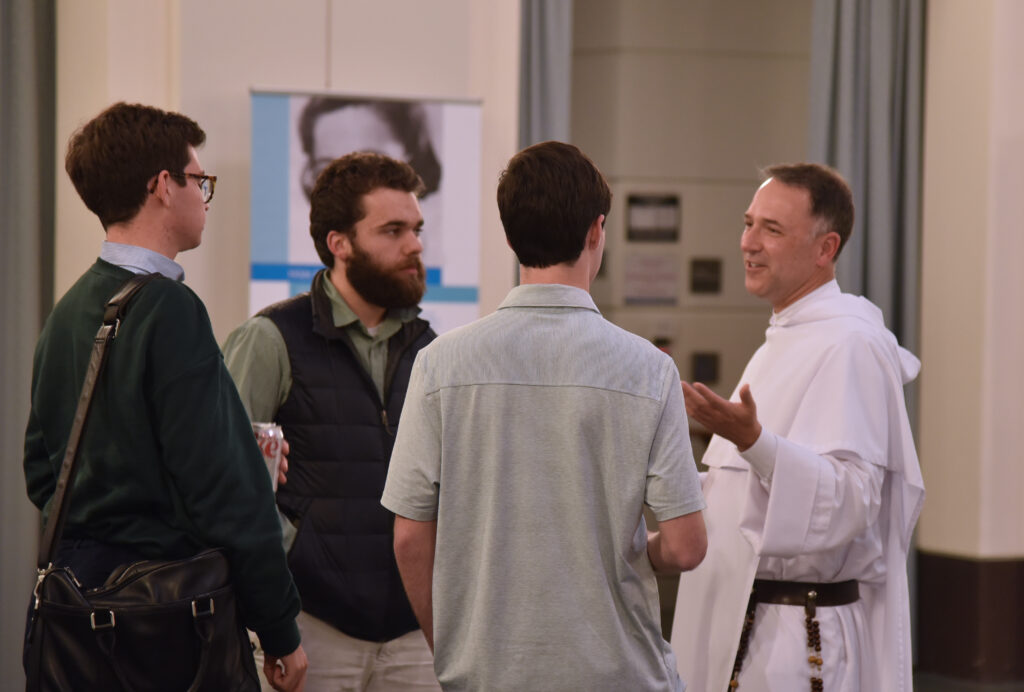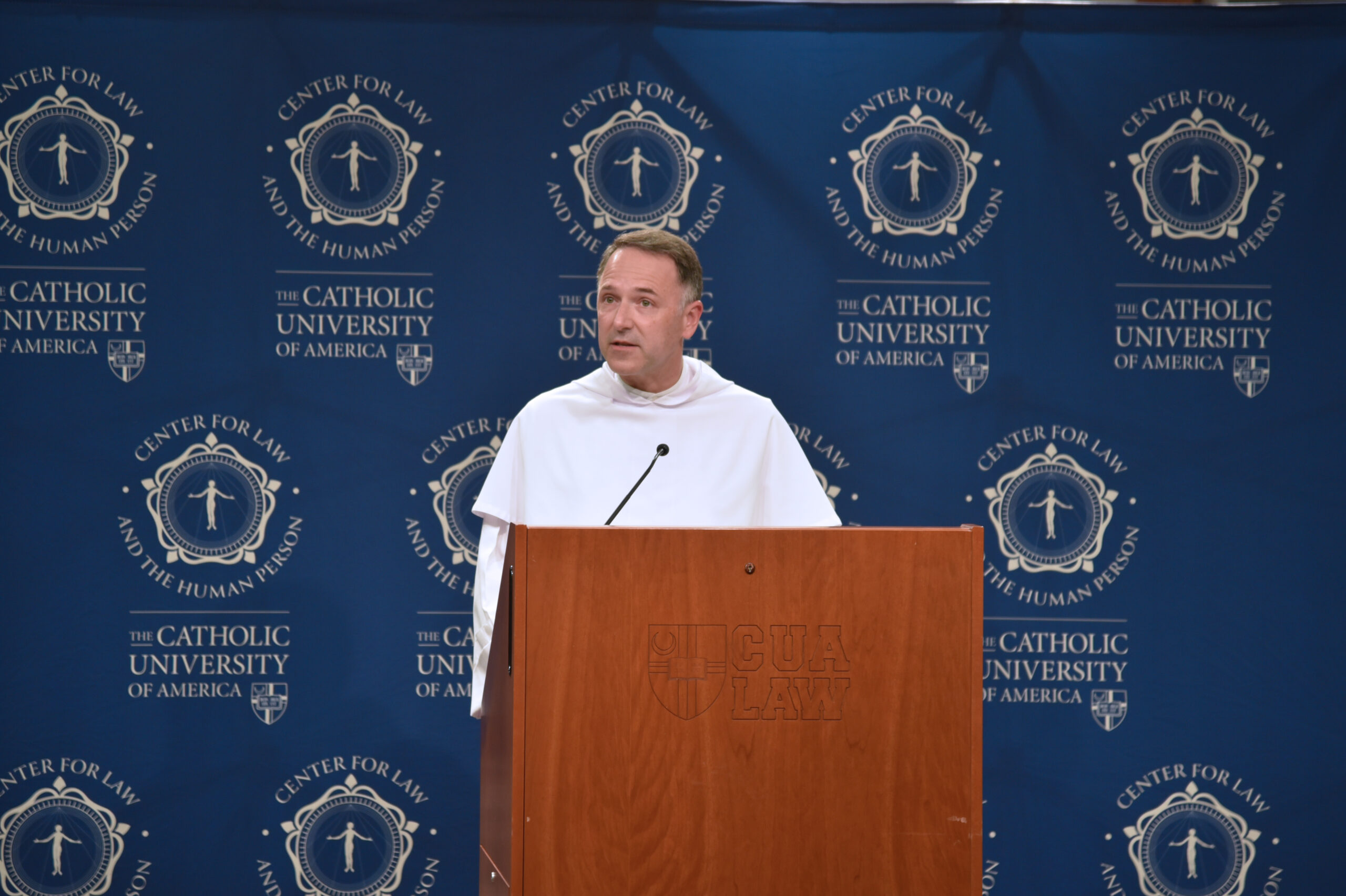On Tuesday, October 24, The Catholic University of America Columbus School of Law (Catholic Law) hosted the Rev. Aquinas Guilbeau, O.P., to present a lecture entitled, “What is Freedom For? A Reminder from Veritatis Splendor on its 30th Anniversary.” Sponsored by the Catholic Law’s Center for Law and the Human Person, Guilbeau—a Dominican friar who serves as both University Chaplain and Vice President of Ministry and Mission—reflected on the purpose of human freedom as it is explained in the encyclical Veritatis Splendor, promulgated by Pope John Paul II in 1993.

To open the event, the Center’s director, Elizabeth Kirk, offered brief remarks on the nature of “freedom,” which the Center has chosen as the thematic focus to unite its programming throughout this academic year. She noted that the theme of freedom is relevant to many contemporary challenges to a Christian understanding of the human person, especially in the context of American law. Kirk stated that, through its events and activities, the Center hoped to engage the “modern understanding of liberty and to offer a corrective, one that honors not just choice but choosing the good; one that seeks not radical liberation from external authority, but rather one that recognizes—and even delights—in the fundamental dependence of freedom upon truth.”
Guilbeau, a native of Louisiana, began his priestly ministry with pastoral work in New York City. In 2005, he entered the Dominican Order, completing his Doctorate of Sacred Theology (STD) at Switzerland’s University of Fribourg. In his dissertation Guilbeau examined the doctrine of the common good as understood by Dominican theologian, philosopher, and saint Thomas Aquinas, “the Angelic Doctor.”
With Catholic University president Dr. Peter K. Kilpatrick in attendance, alongside students and faculty from not only Catholic Law but also all other colleges within Catholic University, Guilbeau elucidated John Paul II’s understanding of freedom as dependent on truth, as well as freedom’s relationship with law. Guilbeau also noted, in reference to the Center’s mission, that John Paul II went “to great lengths to feature law’s quality as a mediator between truth and freedom.”
“On the one hand, law observes the natures of things and gathers from them a wisdom for living,” he said. “This is the contemplative quality of law. Law observes and takes its direction from how things are. In this way, law obeys reality. Law serves truth. On the other hand, law gathers what it learns from how things are and translates that knowledge into precepts that coordinate the activity of a people, which coordination aims at freeing persons from any number of obstacles that prevent their participation in the common good. In this way, law promotes freedom. Law serves freedom by ensuring the social and political conditions necessary for persons to live according to right reason.”

The Center for Law and the Human Person is Catholic Law’s central resource for connecting fundamental principles such as dignity of the human person, respect for the inviolability of all human life, and justice rooted in the common good to the study, teaching, and practice of law. In furtherance of its mission, the Center supports relevant scholarly research and curricular development by emphasizing student formation and engagement with the broader academic, professional, and public policy communities.



